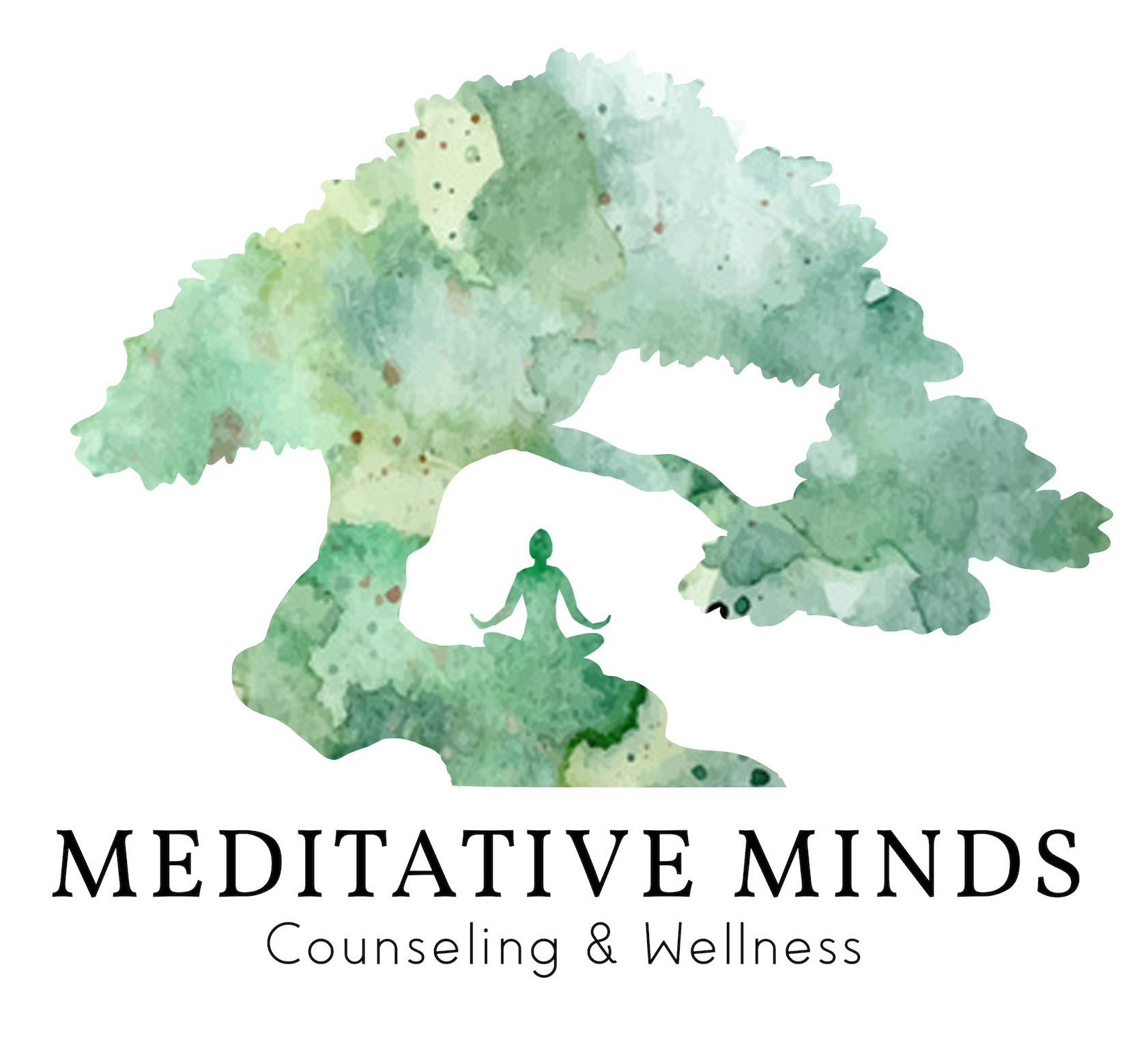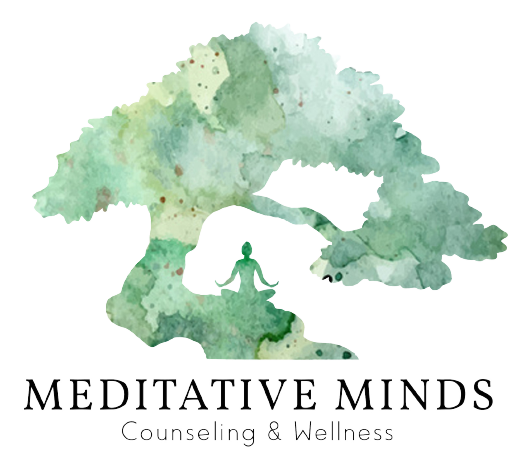Have you ever wondered how past experiences continue shaping your present mental and emotional well-being? Delving into inner child therapy can provide profound insights and solutions. Inner Child Therapy is a therapeutic approach that explores the impact of childhood experiences on your adult self. This blog will examine how Inner Child Therapy can significantly enhance your mental health. We’ll uncover the intricate connections between your inner child and emotional well-being, explore the therapy process, and discover its myriad benefits. Let’s embark on a better journey to understand Inner Child Therapy’s transformative potential.
What is Inner Child Therapy?
Inner Child Therapy is a transformative approach to improving mental health. It focuses on healing unresolved childhood issues and traumas that continue to affect one’s adult life. The concept revolves around believing that we all carry a part of our childhood, influencing our emotions, behaviors, and relationships. In this therapy, the inner child represents the repository of our early experiences, emotions, and memories. Through it, individuals can identify and heal these emotional wounds, fostering personal growth and mental well-being. It’s a path to understanding and nurturing the vulnerable aspects of ourselves to achieve lasting healing and self-empowerment.

The Connection Between Inner Child and Mental Health
The human psyche is an intricate tapestry of experiences, emotions, and memories woven together over a lifetime. At its core lies the concept of the inner child—a psychological entity that retains the imprints of our earliest experiences and emotions despite the passage of time. Understanding the connection between this inner child and mental health is key to appreciating its transformative power.
Exploring the Role of the Inner Child in Mental Health
Your inner child is the custodian of your past, holding on to the memories, beliefs, and emotions from your formative years. It’s the part of you that learned how to navigate the world, cope with adversity, and interpret your early interactions with parents, caregivers, and peers. These formative experiences are essential for understanding how your inner child influences your mental health as an adult. Your inner child has the power to shape various aspects of your emotional well-being and mental health, including:
- Self-Esteem: Unresolved issues from childhood can lead to low self-esteem and a negative self-image. For instance, receiving criticism or neglect in your early years may affect how you perceive your self-worth as an adult.
- Emotional Regulation: Your inner child can influence your ability to manage and express emotions. If you experience emotional turmoil or instability in your youth can result in challenges related to emotional regulation.
- Interpersonal Relationships: The dynamics of your early relationships can impact how you relate to others as an adult. Patterns formed during childhood may persist, affecting friendships, romantic relationships, and colleague interactions.
- Mental Health Challenges: Unresolved trauma or distress from childhood can contribute to mental health issues, including depression, anxiety, and post-traumatic stress disorder (PTSD).
Common Mental Health Issues Linked to Unresolved Childhood Experiences
Unresolved childhood experiences often serve as the underlying catalyst for various mental health challenges. Here are some common issues associated with unaddressed inner child wounds:
- Depression: Feelings of sadness, hopelessness, and low self-worth may stem from unresolved childhood traumas or emotional neglect.
- Anxiety Disorders: Chronic fear or instability in childhood can lay the groundwork for anxiety disorders, such as generalized anxiety disorder or social anxiety.
- Low Self-Esteem: Negative self-perceptions often have roots in early experiences of feeling unloved, criticized, or inadequate.
- Addiction: Many individuals turn to substances or behaviours as a coping mechanism for the emotional pain and unresolved issues from their past, leading to addiction.
- Relationship Problems: Difficulties in forming and maintaining healthy relationships can often be traced back to unaddressed inner child issues, contributing to issues like codependency or attachment problems.
Benefits of Inner Child Therapy
Inner Child Therapy is a therapeutic approach that holds the potential to transform your mental health and overall well-being profoundly. Addressing the often-overlooked inner child offers a path to healing, self-discovery, and personal growth. Let’s explore some of the remarkable benefits that come with embracing and nurturing your inner child:

Emotional Healing and Self-Awareness
One of the most profound benefits of inner child therapy is the opportunity for deep emotional healing and self-awareness. By reconnecting with your inner child, you can:
- Unearth and Heal Past Wounds: Acknowledging your emotional wounds and traumas is the first step in the healing process. It provides a safe space to explore these experiences, allowing you to release pent-up emotions and provide the comfort and validation your inner child may have lacked.
- Increased Self-Awareness: As you delve into your inner child’s world, you gain insights into your core beliefs, fears, and insecurities. This heightened self-awareness empowers you to make more informed choices and better navigate life.
Improved Self-Esteem and Self-Acceptance
Low self-esteem and self-acceptance issues often have their roots in childhood experiences. It can foster a sense of self-worth and acceptance through:
- Reparenting and Self-Nurturing: In the therapeutic process, you learn to reparent yourself, offering the care and love you may have missed during your early years. This self-nurturing can be a transformative experience, gradually rebuilding your self-esteem and self-acceptance.
- Letting Go of Self-Criticism: Many individuals carry a harsh inner critic, often formed during childhood. It encourages you to replace self-criticism with self-compassion, which paves the way for greater self-esteem and self-acceptance.
Enhanced Coping Mechanisms
For individuals who have struggled with coping mechanisms shaped by childhood trauma or neglect, inner child therapy can be a game-changer:
- Emotional Regulation: Learning to soothe and comfort your inner child improves emotional regulation. This, in turn, can help reduce anxiety, anger, and mood swings.
- Healthier Stress Management: Unresolved inner child issues can lead to heightened stress. It equips you with healthier strategies to cope with stress and adversity.
Strengthened Relationships
The benefits of inner child therapy extend beyond personal growth and impact the way you relate to others:
- Improved Boundaries: As you gain self-awareness and better understand your needs, you can establish healthy boundaries in your relationships. This fosters greater mutual respect and understanding.
- Reduced Codependency: Many individuals with unresolved inner child issues struggle with codependency in their relationships. It helps you break free from codependent patterns, fostering healthier, more balanced connections with others.
- Deeper Empathy: Nurturing your inner child can lead to greater empathy and compassion towards others. You become more attuned to the emotional needs of those around you, which can enhance your relationships.
The Inner Child Therapy Process
This article delves into inner child therapy, highlighting its five essential steps for emotional healing and how each step can significantly improve mental health, building on previous discussions.
- Self-Discovery and Awareness: Inner child therapy involves introspection and self-discovery to recognize and understand your inner child’s needs, fears, and vulnerabilities. Techniques like journaling, guided meditations, and deep reflection help identify emotional wounds and negative patterns.
- Reconnecting with Your Inner Child: Reconnecting with your inner child involves learning to communicate, comfort, and offer love, understanding, and validation. Techniques like visualization, dialogue, and creative expression help establish a nurturing relationship, fostering a safe space for feelings and fears.
- Reparenting Your Inner Child: Reparenting is a crucial aspect of childhood healing, providing love, protection, and guidance to the child. It helps heal emotional wounds, rebuild self-esteem, and foster security and resilience.
- Healing Past Wounds: Reconnecting with your inner child and initiating reparenting allows healing past emotional wounds. This involves revisiting painful memories in a controlled manner, releasing pain, and reframing perceptions using therapeutic tools.
- Integration and Transformation: The final stage involves integrating healing insights into present life, implementing positive changes, setting healthy boundaries, and making choices reflecting self-awareness and self-compassion, leading to mental health transformation and improved relationships.
Healing Past Trauma
One of the most profound ways it can improve your mental health is by healing past trauma. Trauma, whether from childhood experiences or later in life, can leave deep emotional scars that affect our mental well-being. In this part of our series, we’ll explore how it helps address and heal these traumas, and we’ll also share some inspiring testimonials and success stories from individuals who’ve undergone this transformative process.
Personal Growth and Empowerment
Inner child therapy is a transformative process that empowers individuals to grow personally and emotionally:
- Building Self-Esteem: Through self-reparenting, individuals gradually rebuild their self-esteem and self-worth. This newfound self-assurance forms a solid foundation for personal growth.
- Improved Relationships: As individuals heal and grow through it, they often find that their relationships improve. They can set healthier boundaries, communicate more effectively, and form deeper connections.
- Emotional Resilience: Personal growth through it fosters emotional resilience. Individuals become better equipped to handle life’s challenges and stressors with greater balance and composure.
- Empowerment: The overall journey empowers individuals to take charge of their lives, make positive choices, and live in alignment with their values and desires.
Inner child therapy is a transformative and empowering approach that can profoundly improve mental health. Throughout this series, we’ve explored the numerous benefits of this therapy, from healing past traumas and fostering self-discovery to unleashing inner potential and promoting personal growth. We encourage you to consider this approach for your healing and self-improvement journey. You can embark on a happier, more fulfilled life by nurturing your inner child and embracing self-compassion. For further information and resources on inner child therapy, don’t hesitate to contact us at 8052858466. Your mental health is worth the investment.

